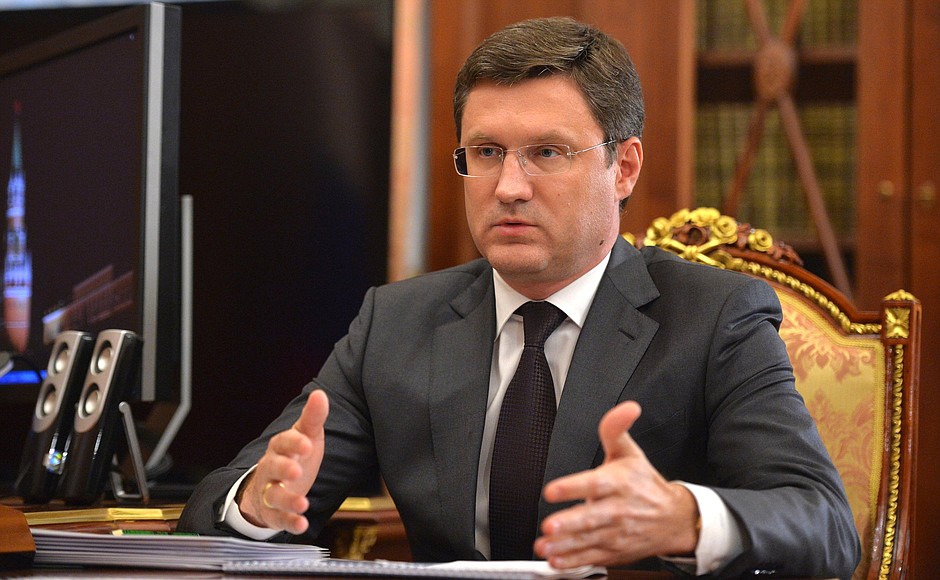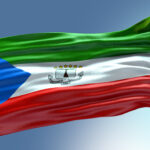Russia is looking to find ways to cooperate with OPEC despite years of saying it has no plans to join the group

OPEC and Russia hope to institutionalize cooperation between the two beyond the current production cuts, according to Russian Energy Minister Alexander Novak and OPEC Secretary-General Mohammad Barkindo. The group of producers and Russia overcame years of mutual distrust in December to execute the current production cuts, which both extended earlier this month, but Russia has repeatedly said in the past that it has no intentions of joining OPEC as a member nation.
OPEC and non-OPEC ministers may continue to meet once or twice a year after the current agreement ends, Novak said. “When the action ends and the market is balanced, we will undoubtedly continue working and interacting with OPEC,” he said.
“The cooperation and collaboration between us — OPEC and non-OPEC — will outlive the implementation process,” Barkindo told reporters. “We are putting in place, if you like, the building blocks for a Catholic marriage. We do not expect a divorce in this marriage.”
A six-nation committee overseeing implementation of the deal will consider proposals for how to sustain the partnership in the long term when it meets next month in Moscow, Novak said. These will then be presented to ministers when they next gather in November in Vienna.
Libyan production rattles markets
Following the extension of the OEPC and non-OPEC production cuts, Novak said Russia could cut production further depending on the market’s reaction. With a presidential election quickly approaching in Russia, higher oil prices could go a long way in improving the economy and helping President Vladimir Putin with his expected attempt to run for another term in office.
So far, markets have reacted negatively to the production cuts being extended with many hoping the group would remove even more production from the market. News Wednesday that production from Libya, which is exempt from OPEC production cuts, reached a three-year high of 827 MBOPD did little to improve market sentiment.
Traders appear to be adding to short positions as crude fell sharply Wednesday morning, CNBC reported.
“The game of chicken between them and the market is back on again,” said John Kilduff, partner at Again Capital.
“The meeting was much more of a failure than people realize because of what wasn’t achieved. There are no caps on production for Libya, or Nigeria, or Iran,” said Kilduff. Libya has shipped an average of 500,000 barrels per day of oil so far this year, up from 300,000 per day last year. Production reached 800,000 barrels per day earlier this month.
“There were official statements about production from the Libyan National Oil Co., and that validated it with the market,” Kilduff said.






